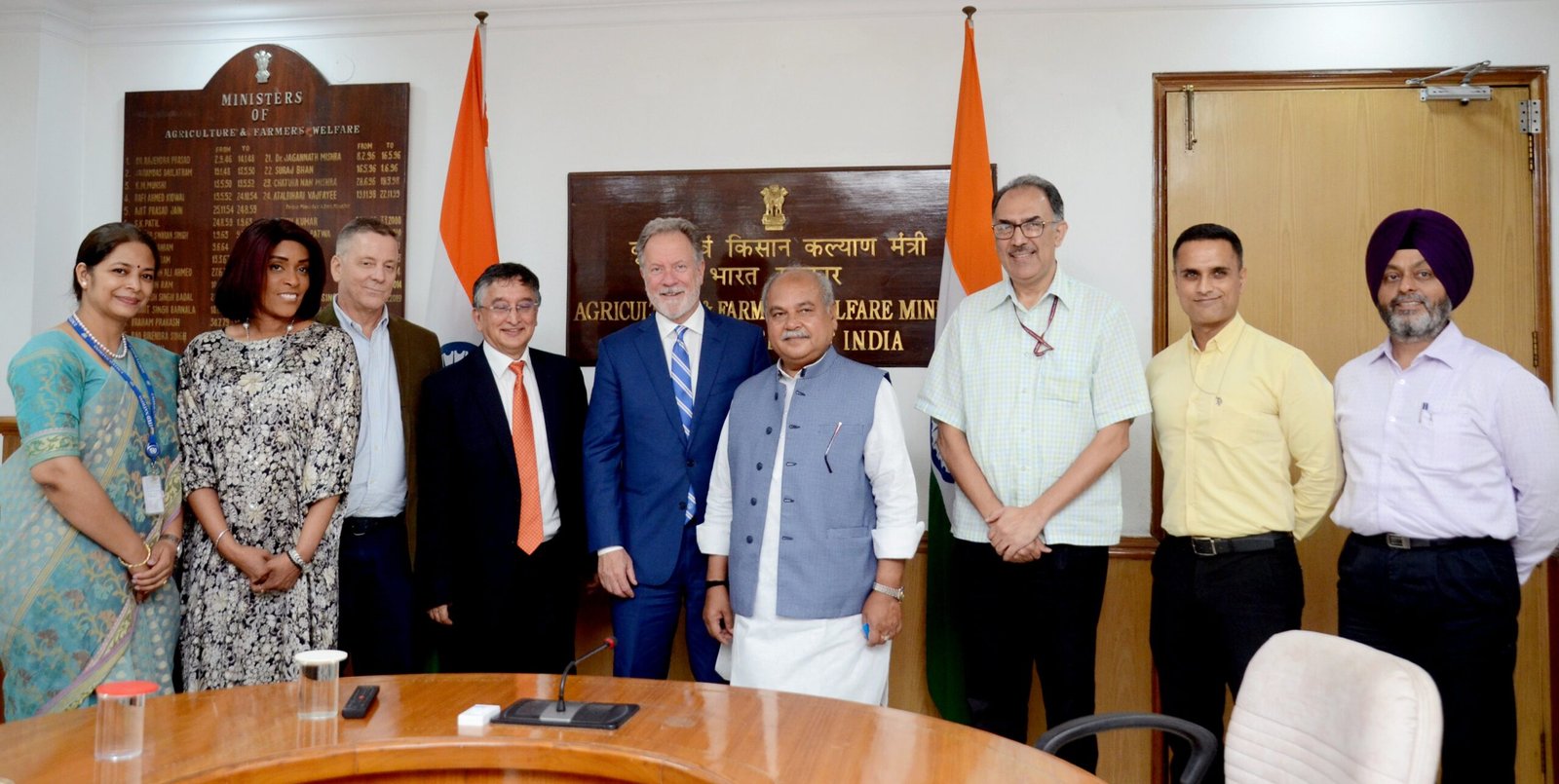Inside BENEO’s new pulse plant: pioneering sustainable protein from faba beans
WFP has been working in India since 1963, with work transitioning from food distribution to technical assistance since the country achieved self-sufficiency in cereal production
The United Nations World Food Programme’s Executive Director, David Beasley, concluded his visit to India recently, during which he held high-level discussions with the Government of India and visited the country’s crucial safety net programmes that provide subsidized food to millions of people.
During his three-day visit, Beasley met the Minister of External Affairs, S. Jaishankar, Minister of Agriculture and Farmers’ Welfare, Narendra Singh Tomar and Vice Chairman of NITI Aayog, Suman Bery. He also met the Minister of Consumer Affairs, Food & Public Distribution, Piyush Goyal.
“With the world’s largest food safety-net programs, India is a shining example of how effective social protection can play a critical role in achieving food security – especially now as the world faces an unprecedented global hunger crisis. Lessons learnt from India can guide other nations and I encourage India to share its success story with the world,” said WFP Executive Director, David Beasley. “It is also exciting that India will be taking over the G20 Presidency in 2023: I look forward to its government’s leadership on issues including food security.”
In New Delhi, Beasley visited a school meal preparation facility that provides hot meals to 25,000 students in government schools in the capital. India’s school meal programme also known as Prime Minister Poshan covers close to 110 million school children with hot-cooked meals, daily. Working closely with the government, WFP is pioneering multi-micronutrient fortification of school meals, building capacities of staff preparing the meals and supporting the scale-up of ration production units.
Beasley also visited a public food distribution centre in New Delhi that provides subsidized rations to vulnerable families. The scheme currently covers 800 million people throughout the country and WFP partners with the government to support its largest social safety net by improving efficiency and effectiveness. WFP is also working with the government on innovations like automated grain dispensers, and SMART warehouses that are more efficiently managed and capable of being remotely run.
image credit- twitter

